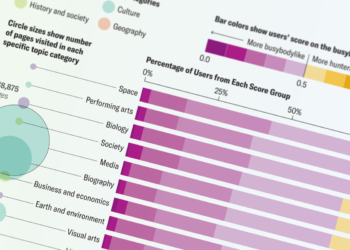September 30, 2024
5 min read
Combating Misinformation Runs Deeper Than Swatting Away ‘Fake News’
“Fake news”-style misinformation is only a fraction of what deceives voters. Fighting misinformation will require holding political elites and mainstream media accountable
Americans are increasingly concerned about online misinformation, especially in light of recent news that the Justice Department seized 32 domains linked to a Russian influence operation interfering in U.S. politics, including the 2024 presidential election. Policy makers, pundits and the public widely accept that social media users are awash in “fake news,” and that these false claims shape everything from voting to vaccinations.
In striking contrast, however, the academic research community is embroiled in a vigorous debate about the extent of the misinformation problem. A recent commentary in Nature argues, for example, that online misinformation is an even “bigger threat to democracy” than people think. Meanwhile, another paper published in the same issue synthesized evidence that misinformation exposure is “low” and “concentrated among a narrow fringe” of users. Others have gone further and claimed that concerns around misinformation constitute a moral panic or are even themselves misinformation.
So should everyone stop worrying about the spread of misleading information? Clearly not. Most researchers agree that a major problem does indeed exist; the disagreement is simply over what exactly that problem is, and therefore what to do about it.
On supporting science journalism
If you’re enjoying this article, consider supporting our award-winning journalism by subscribing. By purchasing a subscription you are helping to ensure the future of impactful stories about the discoveries and ideas shaping our world today.
The debate largely hinges on definitions. Many researchers, and much of the news coverage of the issue, operationalize…
Read the full article here







